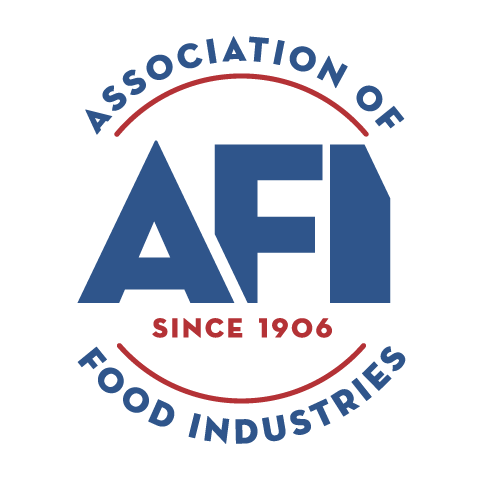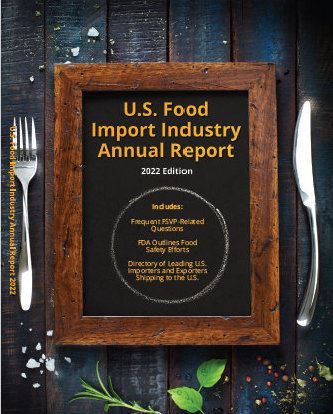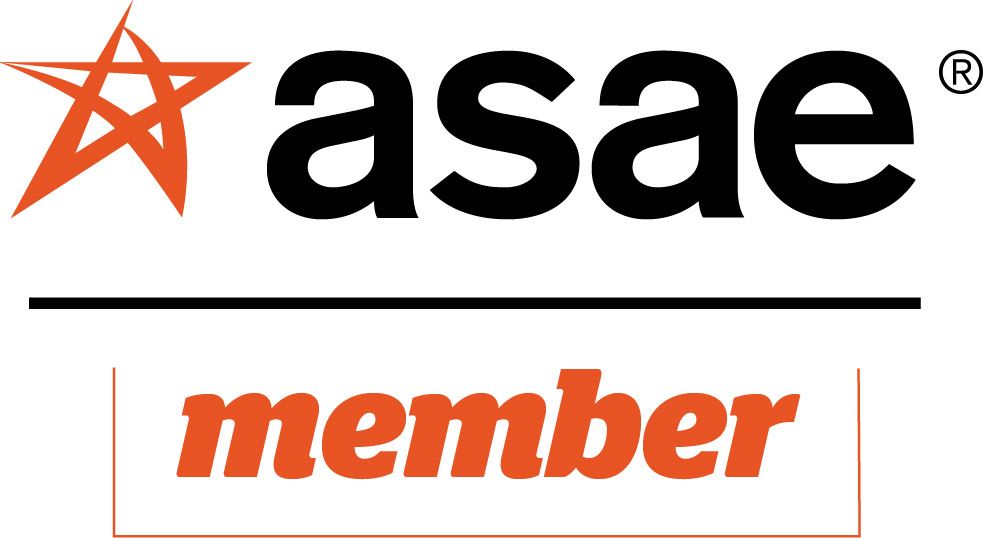USTR: Sustainable, Resilient Trade Policies a Shared ConcernAFI Staff Report
The following contains excerpts from a speech delivered by United States Trade Representative Katherine Tai. The pandemic has highlighted serious gaps in global trade policy. As President Biden often says, it is not enough to go back to how things were before COVID. At USTR and throughout the Administration, that means re-thinking what trade policy should be in the 21st century and how its benefits can reach every community and every worker. As we look ahead to our trade priorities for 2022, there are a few ways we can promote sustainable policies. First, trade policy is more durable and lasting if we build a broad base of support. This means consulting with a range of stakeholders, from labor and environmental groups to the private sector and business leaders and incorporating their feedback into our work. Trade policy that is more inclusive will ultimately be more sustainable in the long run. That is what we did with the United States-Mexico-Canada Agreement and the result was overwhelming bipartisan approval from Congress and stakeholders. This approach guides our work in the U.S.-EU Trade and Technology Council. It extends to our other bilateral and multilateral trade engagements in order to create sustainable, environmentally conscious trade policy. Second, trade should include enforceable labor and environmental provisions, with meaningful remedies available that place a shared responsibility on governments and industry to ensure that trade is fair and sustainable. For example, the United States-Mexico-Canada Agreement features a Facility-Specific Rapid Response Labor Mechanism, which allows us to quickly raise concerns over individual facilities in Mexico when there have been violations of workers’ rights to free association and collective bargaining. The USMCA also incorporates a commitment by all parties to prohibit the importation of goods produced, in whole or in part, by forced labor. Another example can be found in our trade agreement with Peru. We have an annex on forest sector governance that allows us to request Peru to conduct an audit of a particular timber producer or exporter or to verify whether the exporter or producer complied with applicable laws governing the harvest and trade in those products. Meanwhile, the environment obligations in the USMCA are also fully enforceable, including through trade sanctions and we have engaged in intensive monitoring and implementation efforts over the last year. The USMCA also builds on previous trade agreements and includes commitments to address illegal logging and preserving our shared marine environment. These are just some examples of how trade can incorporate new ideas and tools in order to raise standards and avoid a race-to-the-bottom. We must continue to innovate and develop tools like this to include in future trade engagements. Beyond the USMCA, we have forged new agreements with our partners and allies to meet our shared climate objectives. As many of you know, the United States and European Union reached a historic agreement on steel and aluminum trade last year that created a strong foundation for us to work together to combat climate change and address environmentally harmful, non-market practices in these two carbon-intensive sectors. In October, the United States and Vietnam resolved the first-ever environment-focused Section 301 investigation. This will address concerns over the importation and use of illegally harvested and traded timber. Keeping this type of timber out of supply chains will help stop deforestation and preserve these critical carbon sinks. Beyond specific agreements, I have underscored that climate change needs to be at the forefront of the global trade agenda in bilateral meetings with my counterparts as well as multilateral forums. President Biden has shown in his first year that the United States intends to be a leader on this issue. It is why the infrastructure bill he signed into law last year includes historic investments in green technology. It will modernize our domestic infrastructure to improve resilience and withstand climate shocks. I am eager to continue this work in 2022, particularly in multilateral forums like the WTO, OECD, APEC, and the G7. Reaching consensus is never easy, and we recognize that there is no one size fits all approach to climate change. There is widespread recognition around the world that we must develop more sustainable and resilient trade policies.
|
2022 U.S. Food Import Industry Annual ReportChairman's Report - James Libby President's Report - Bob Bauer North American Olive Oil Association - Marco de Ceglie Processed Foods - Josh Gellert Nut & Agricultural Products - Travis Walvoord National Honey Packers & Dealers - Greg Olsen Regulatory and Trade IssuesFrequent FSVP-Related Questions FDA Exec: Agency Addressing its Priorities in Protecting Public Health FDA Outlines Food Safety Efforts USTR: Sustainable, Resilient Trade Policies a Shared Concern Supply Chain Resilience Key to a Firm’s Overall Resilience |



